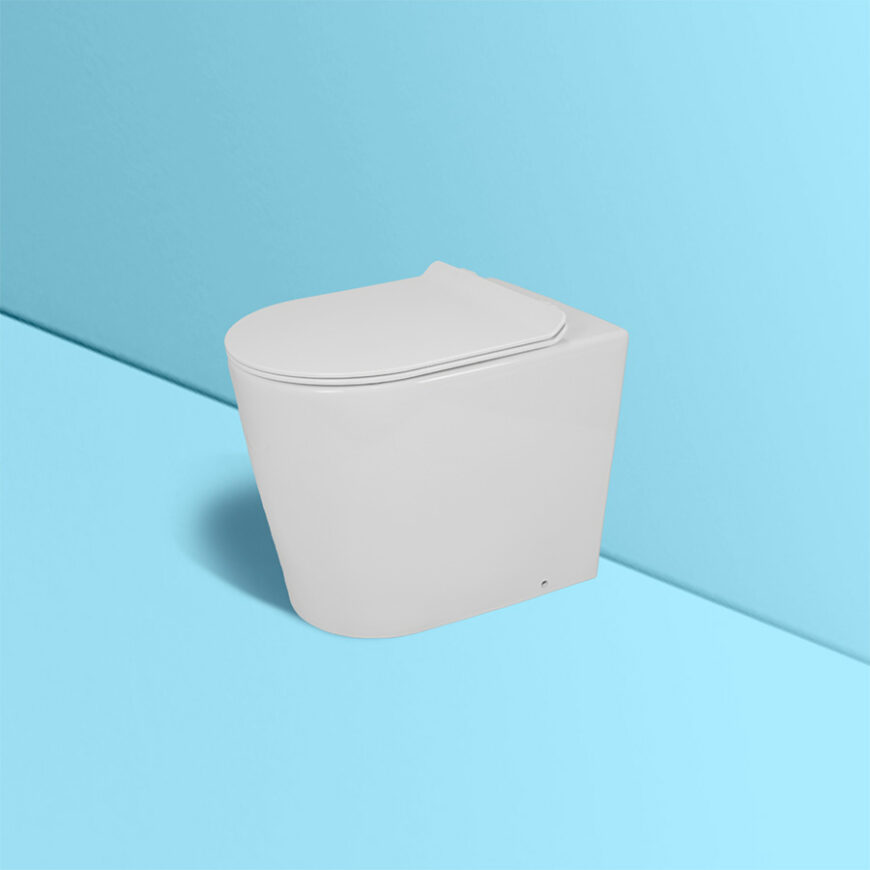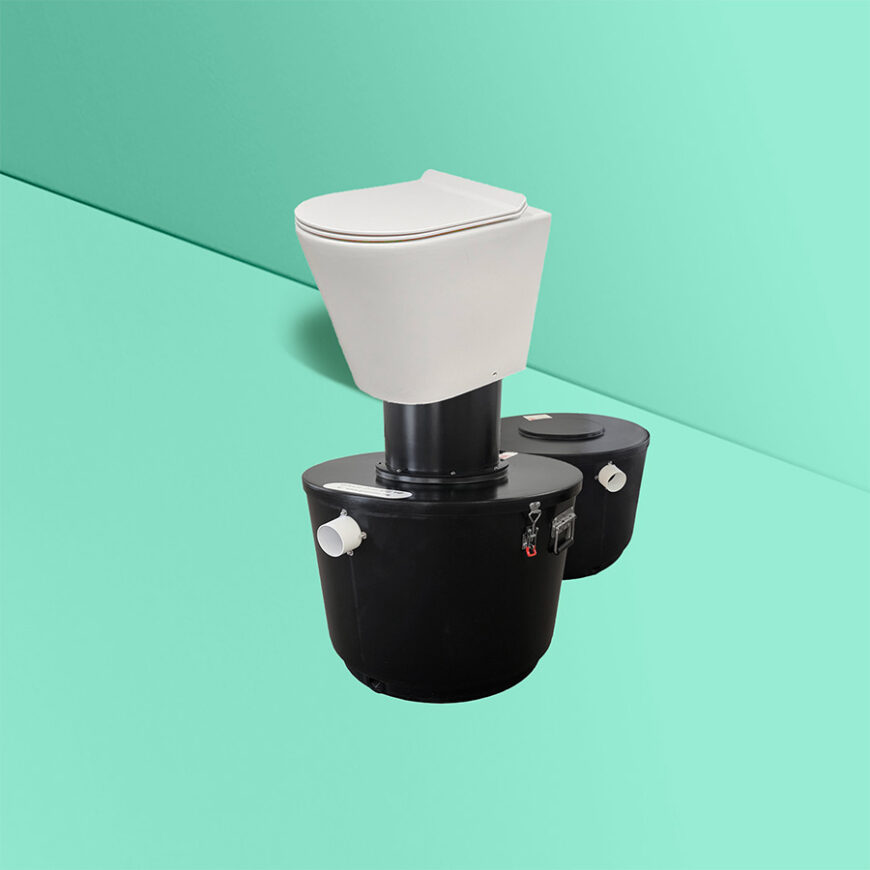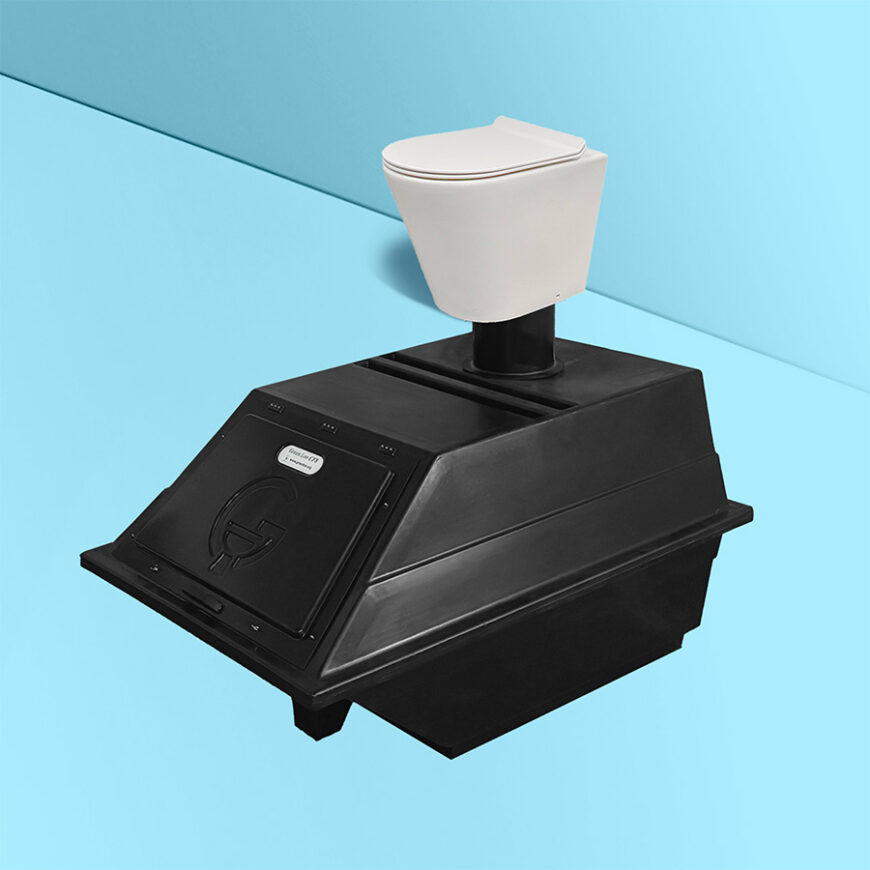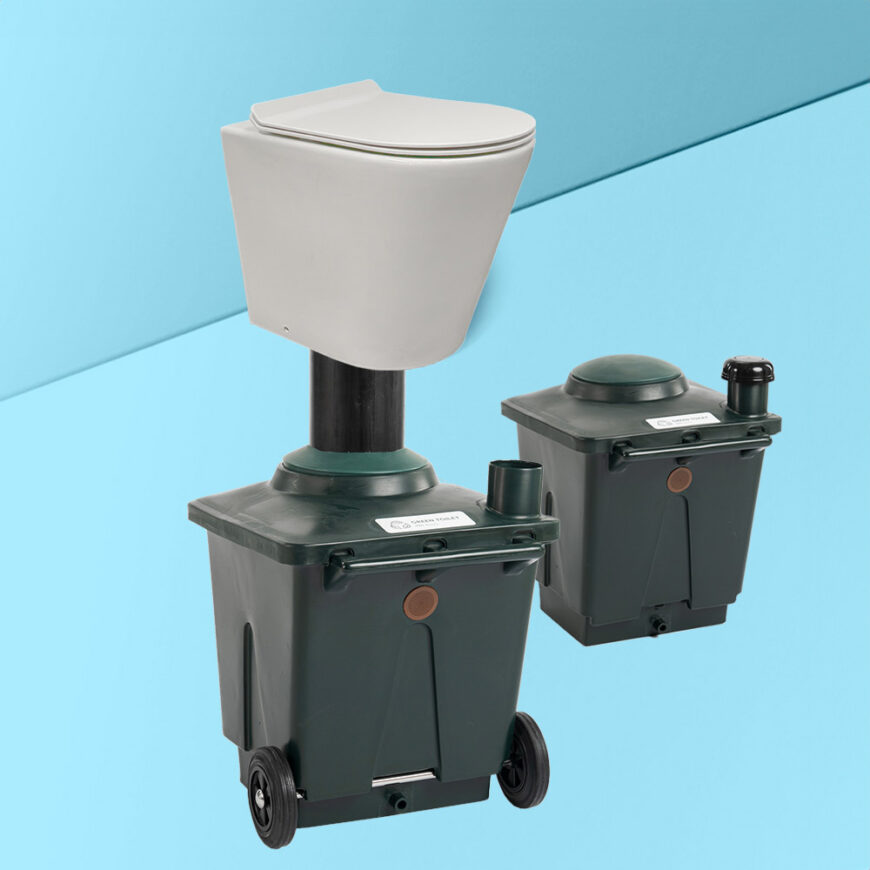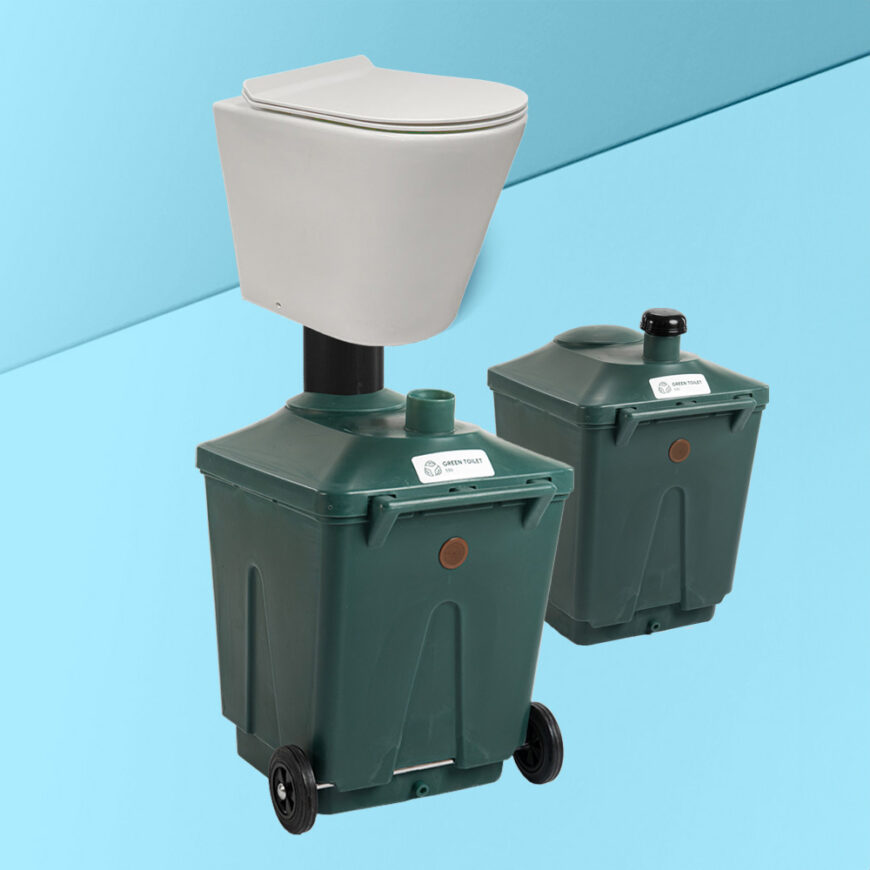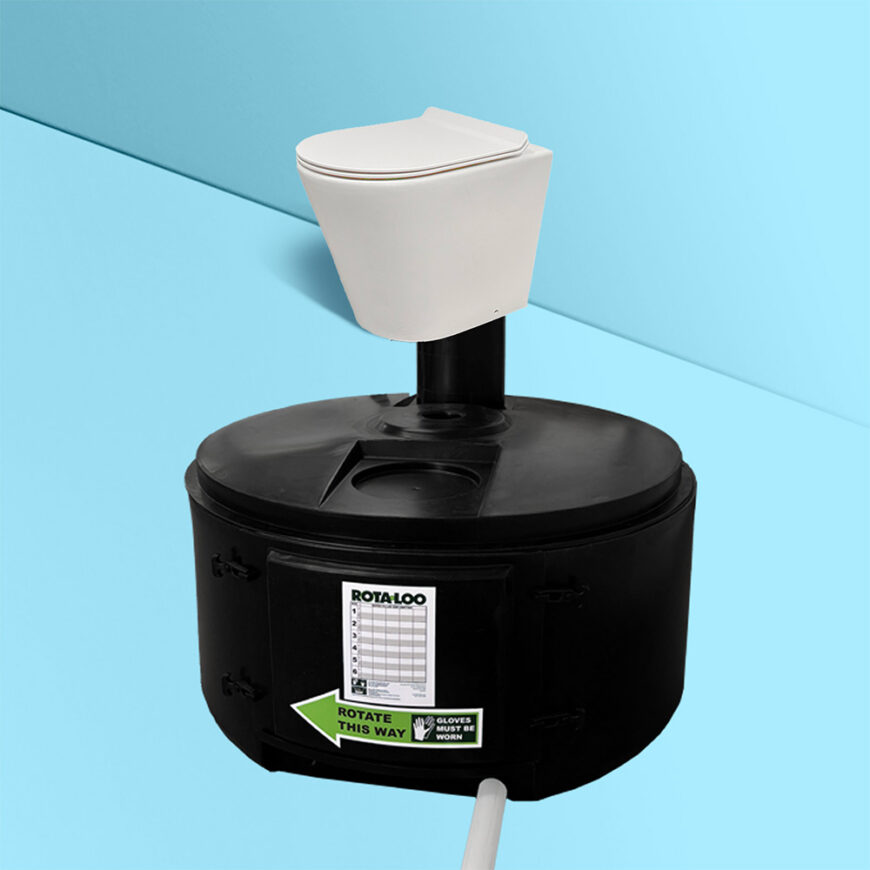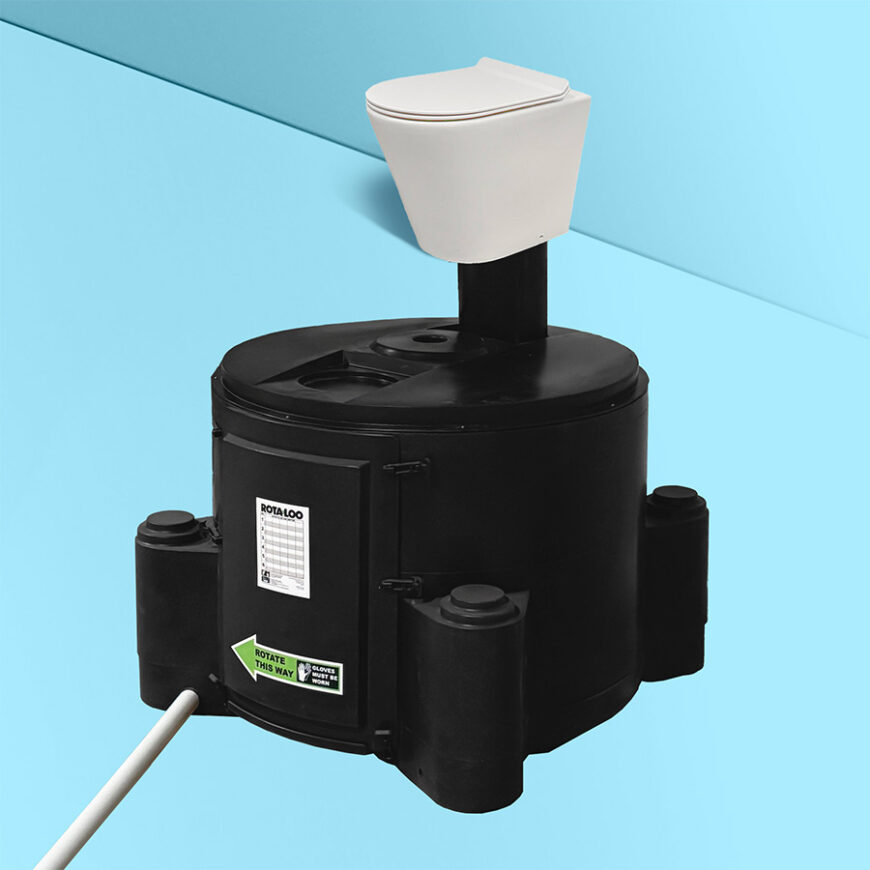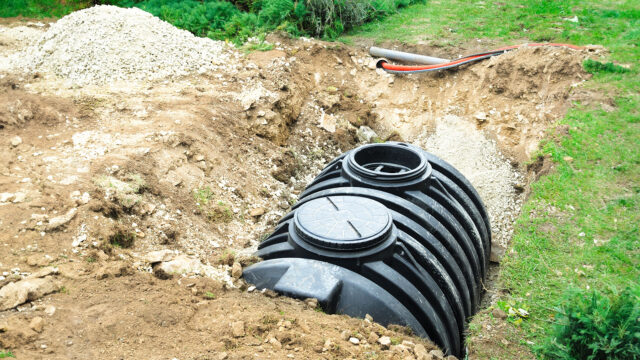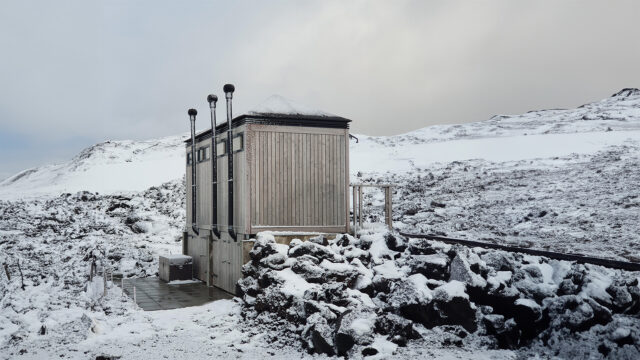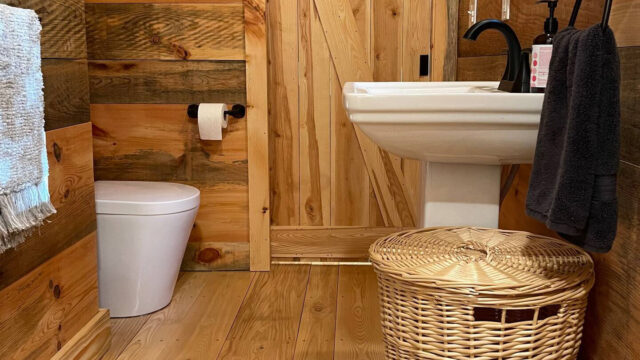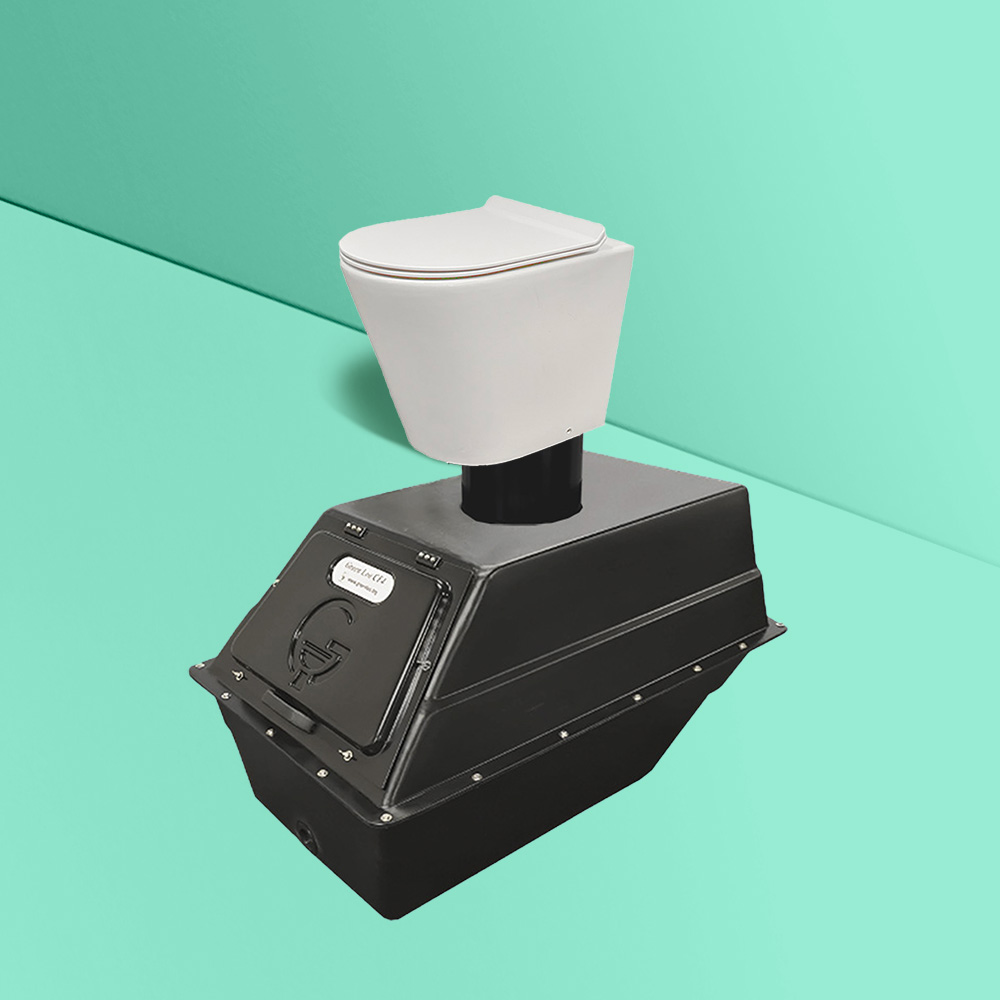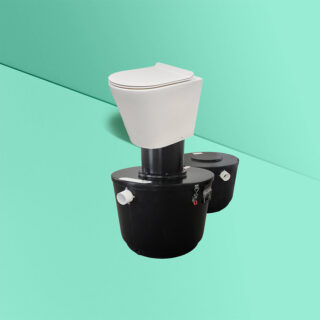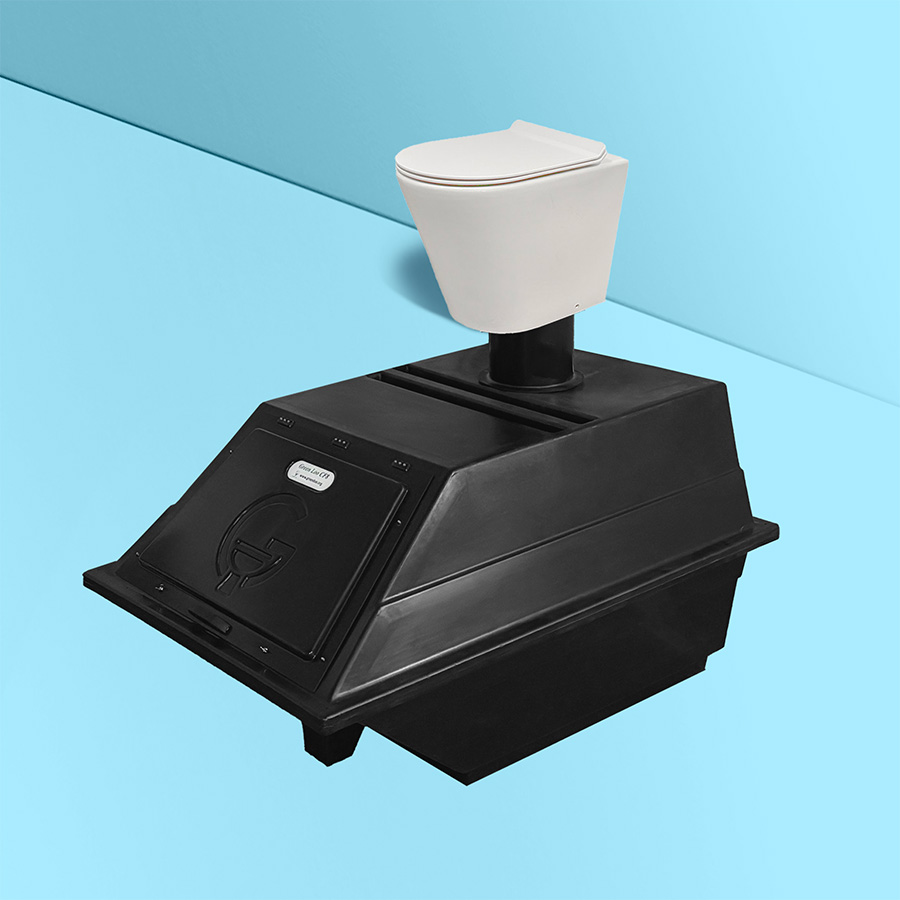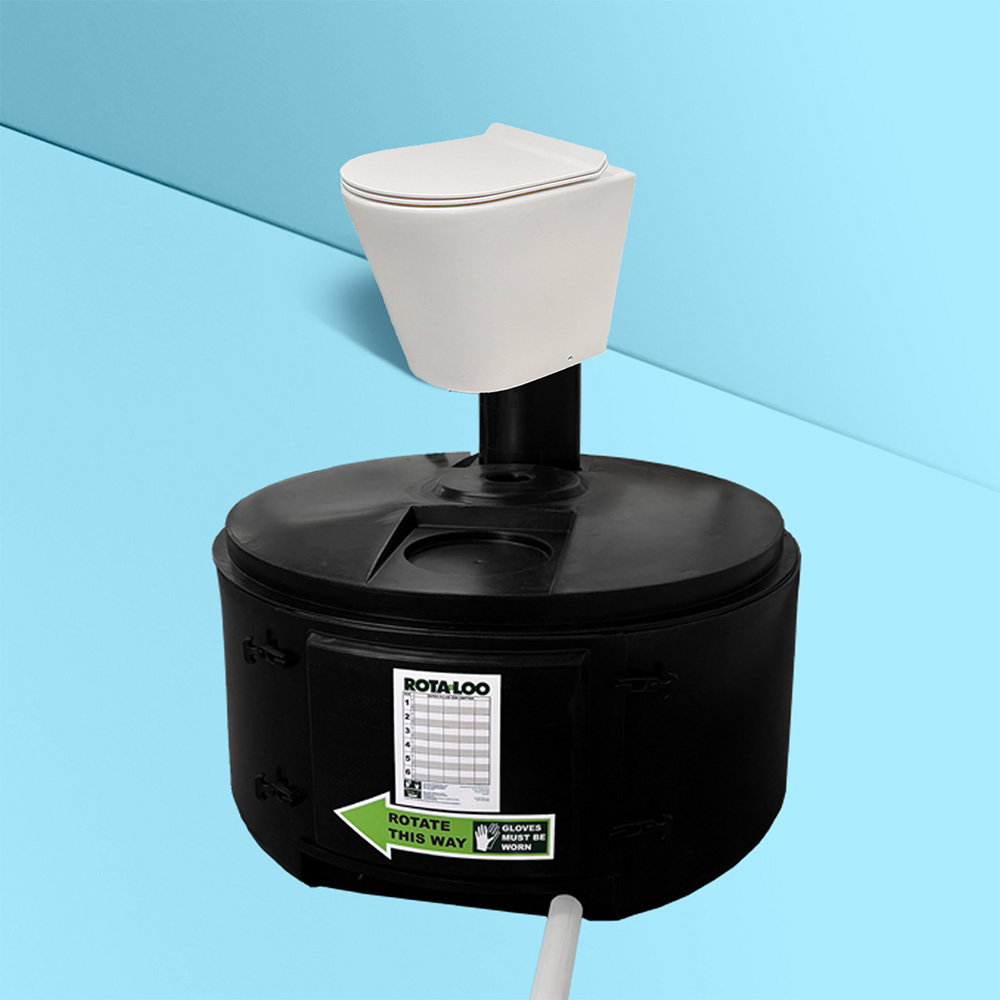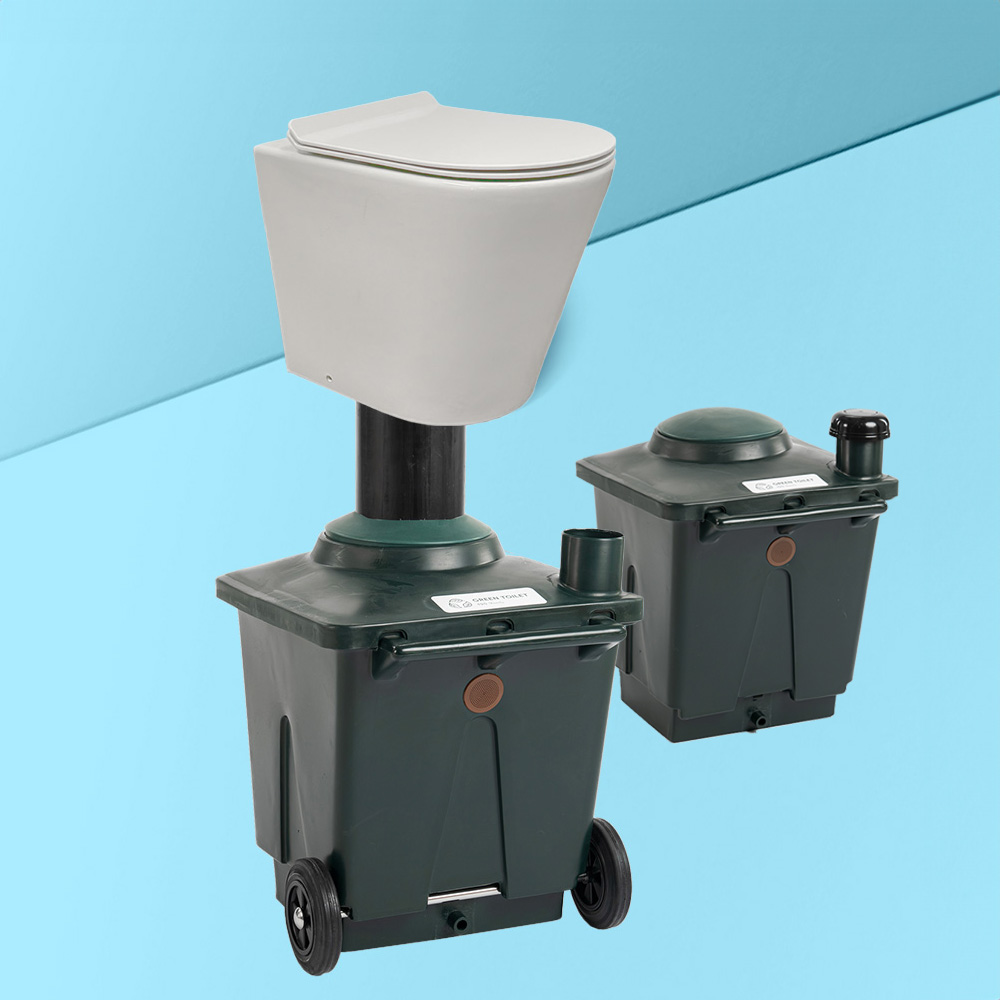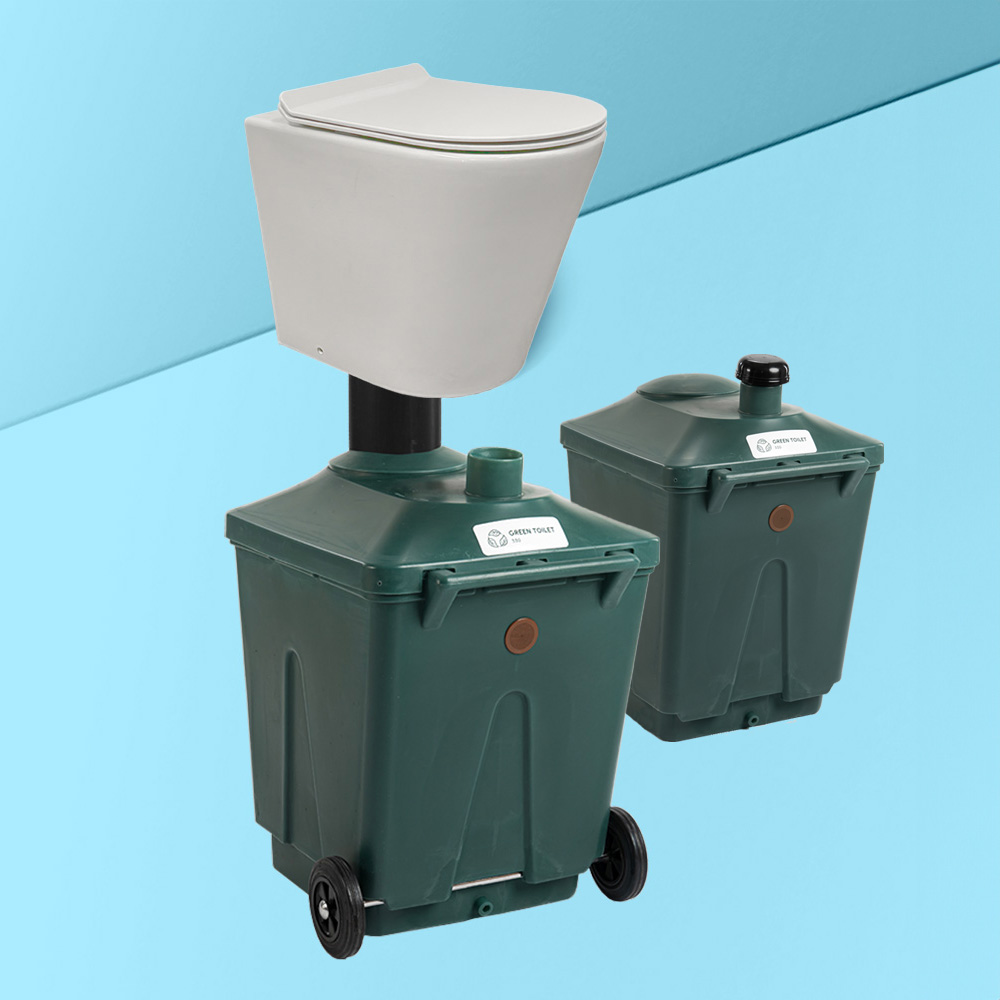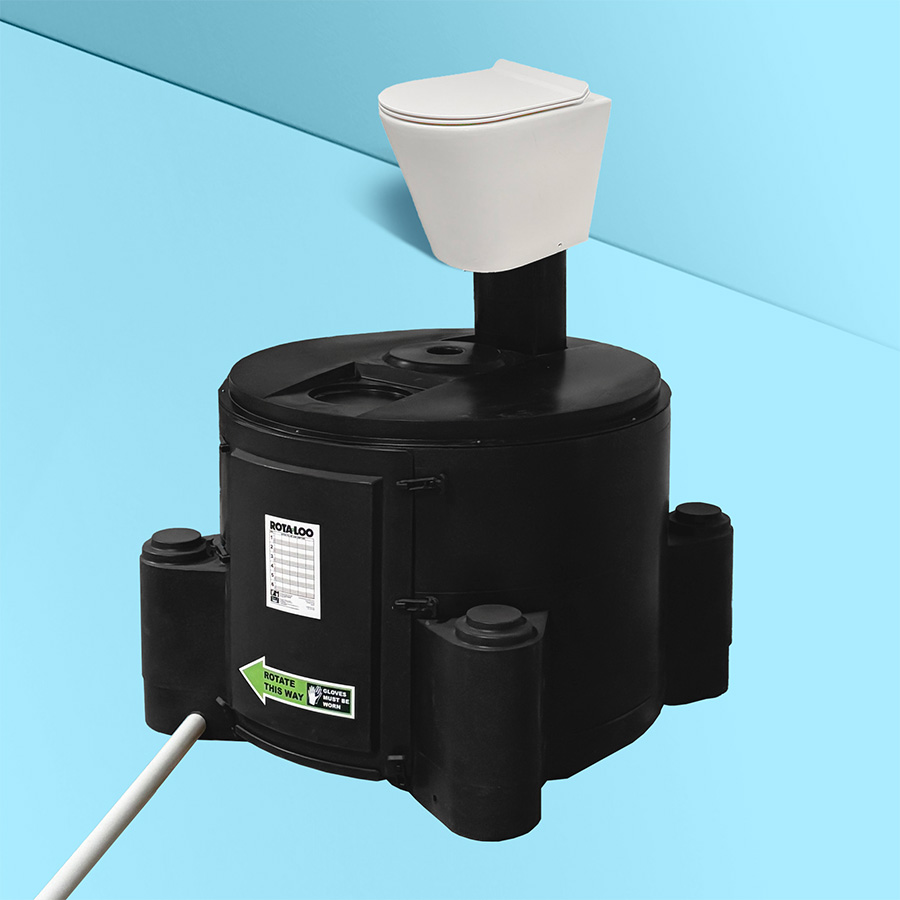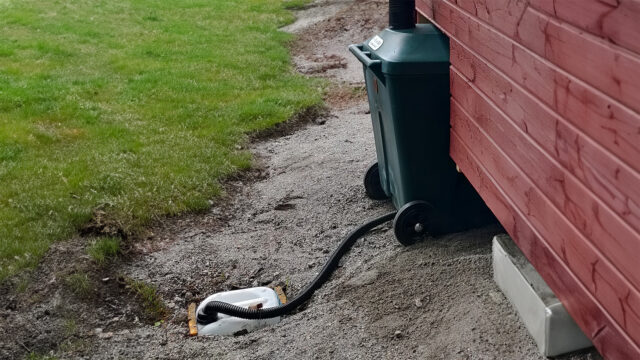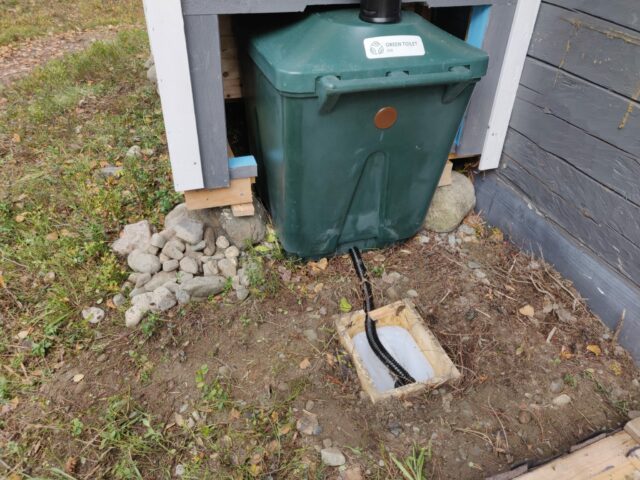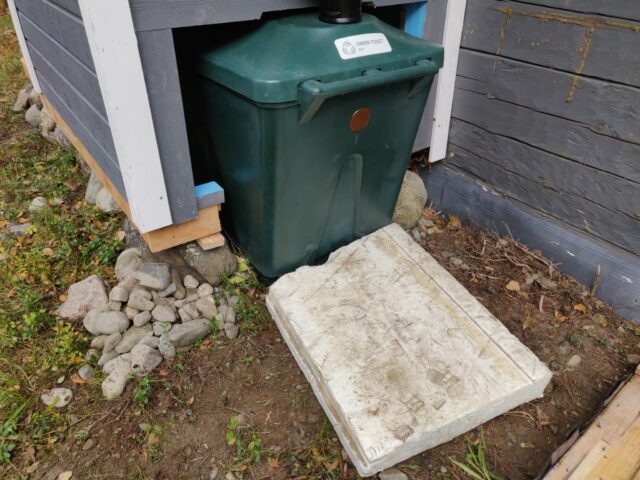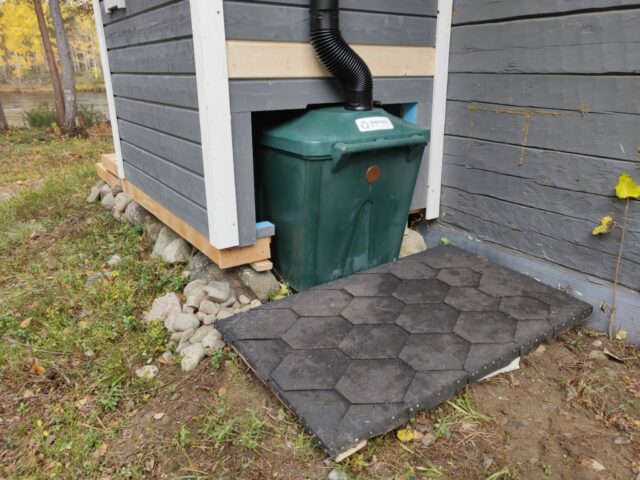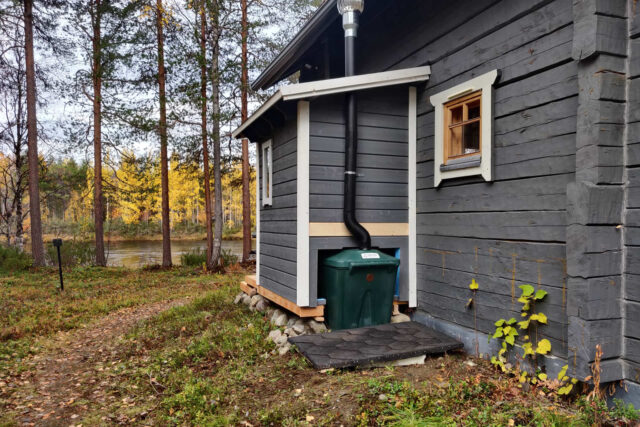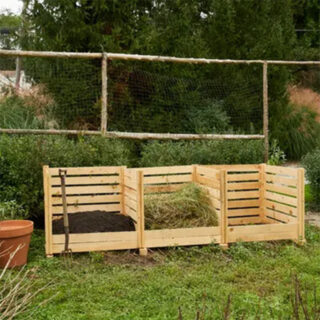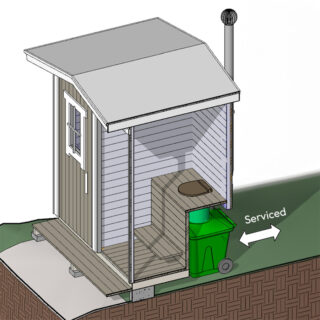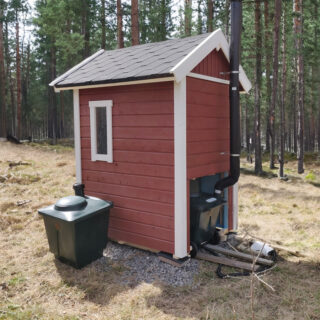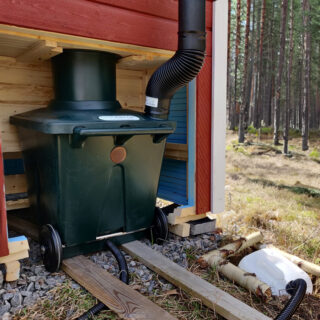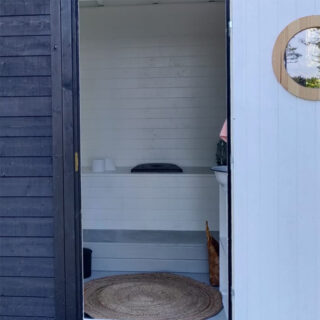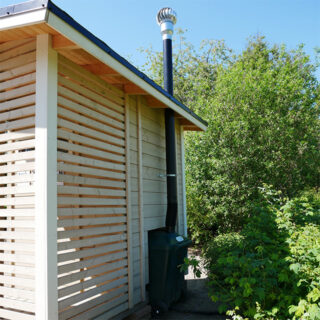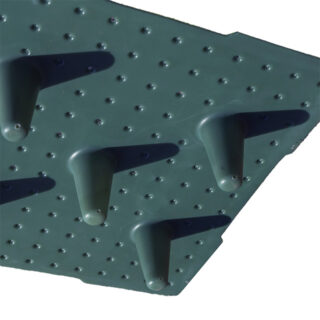Composting Toilets to Rescue Cape Cod
This article explores the benefits of composting toilets on Cape Cod as a solution to the region’s nitrogen pollution crisis caused by traditional septic systems. It highlights real stories from local families who have adopted these eco-friendly systems, overcoming initial misconceptions and making a positive impact on water quality. Watch the video below to see how composting toilets are transforming Cape Cod homes and communities.
The Problem with Septic Systems on Cape Cod

Cape Cod’s beautiful coastal environment faces a significant threat from nitrogen pollution caused by traditional septic systems. These systems release nitrogen-rich wastewater into the soil, which eventually reaches the aquifers and flows into nearby water bodies. The excess nitrogen fuels the growth of algae and plants, depleting oxygen levels in the water. This process, known as eutrophication, disrupts ecosystems, harms marine life, and diminishes the natural beauty of the area.
With much of Cape Cod reliant on outdated septic systems, the issue continues to escalate, affecting water quality in harbors, ponds, and coastal waters. Addressing this challenge requires innovative solutions that prevent nitrogen from entering the environment—such as composting toilets.
Composting Toilets on Cape Cod: A Smart Solution for Cleaner Waters
By replacing traditional flush toilets with composting systems, homeowners can keep nitrogen-rich waste out of the soil and water. Composting toilets are easy to maintain, odorless, and surprisingly cost-effective. Beyond reducing environmental impact, they also produce nutrient-rich compost that can benefit gardens and landscapes.
Overcoming Misconceptions About Composting Toilets
For many, the idea of a composting toilet might initially seem unappealing—often due to misconceptions about odors, maintenance, or complexity. As one interviewee in the video candidly shares, they thought it was a “horrible idea” at first, imagining unpleasant smells and cumbersome upkeep. However, after experiencing the system firsthand, their perspective completely changed.
Composting toilets are designed to be odorless and user-friendly. With simple features like pine shavings to manage odors and easy maintenance routines, they often surprise first-time users with how convenient and effective they are.
This shift from skepticism to advocacy is common among new users. Once they see how composting toilets work—and the environmental benefits they provide—it becomes clear that they’re a smart, sustainable choice. For communities like Cape Cod, where water quality is a pressing issue, embracing composting toilets can make a real difference.


